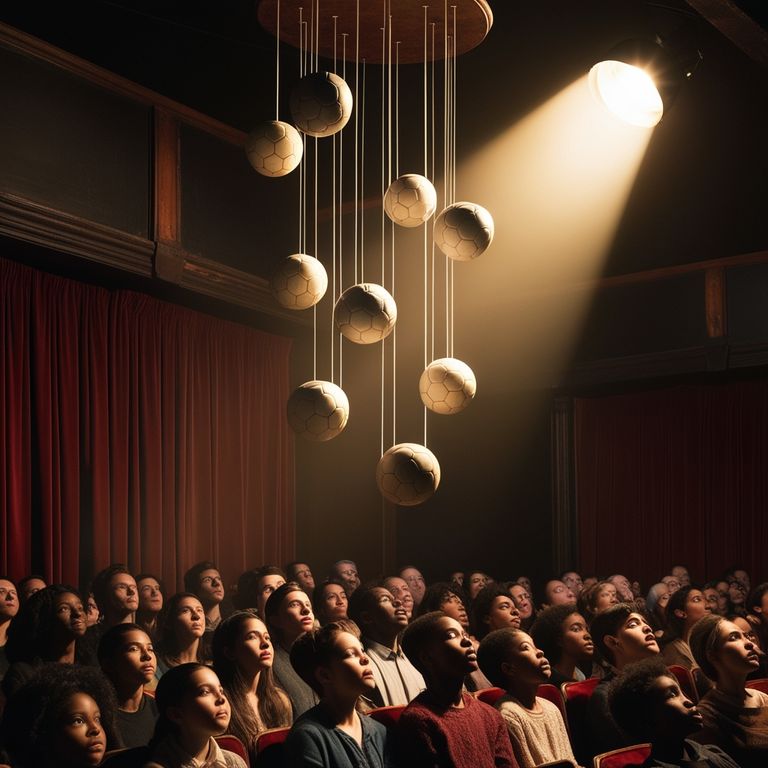
How can we say we know anything?
This is one of the fundamental questions underlying philosophy. Many philosophers have settled on 2 primary methods of acquiring knowledge: 1) Inductive reasoning, 2) Deductive Reasoning. Either you can say you know something because you have observed it to be so (where the confidence that an observed phenomenon is as it is increases with repetition), or because you have reasoned it to be true with cold logic. In the latter case, deduction is still contingent upon knowledge that has been acquired via previous experience (induction). For example, to prove certain qualities of a triangle exist with logic, one still must be said to have a concept of 2 dimensional space, and this concept is derived from perception, in one of its various forms. In a 1-dimensional world, the triangle is impossible, and, by extension, anything else that could be reasoned about a triangle and its properties.
How can we know what we sense is true?
To us, everything we perceive appears to be true. A car that appears to be red to us can be said to appear red to us. One could not, of course, claim that the car is red without further investigation, as it is entirely possible that someone layered a small red sheet over the car, and that the car was actually painted white underneath this sheet. What is paint but a small sheet of pigmentation, anyways? Of course there are more details about paint than simply the color we perceive it as, but we would not know what this "more" was until we gained an understanding of these other qualities. Our senses are a spotlight, and the world is a dark theater. The spotlight shows some things about some things, but does it show all things about all things? This would all depend upon whether or not the spotlight fills the theater, and shows its inhabitants (human or otherwise), in their entire essence. Perhaps the spotlight shows all things about some things, but could we ever know when we know all things about some thing?
What if the picture the spotlight captures is not the whole story?
Let's assume everything outside of the radius of the spotlight is completely dark. Let's then assume that there are soccer balls suspended in the air by strings, and that these strings were being controlled by individuals who were elevated upon a platform which was not in the view of the spotlight. The soccer balls would appear to the wielder of the spotlight to behave in a particular manner. Perhaps the observer notices some patterns in how the suspended soccer balls animate, and figures out how to describe their behavior using mathematics and "laws of the universe." The pullers of the strings catch on to this, and decide to keep the behavior of the soccer balls stable, so as not to arouse any suspicion. To the wielder of the spotlight, their explanations for what they see are true, albeit incomplete.
What happens when there are multiple spotlights, but the wielders of the spotlights cannot see what the other spotlights see?
The wielders are allowed to vocally communicate with each other, and try to give each other the information that they are able to gather, but are unable to make each other see what they can. Sometimes the vision of the spotlights overlap, so that one wielder does indeed see what the other does, but they can only confirm this fact via the word of the other wielder. A sort of consensus is built, and the spotlight wielders feel a sense of validation for a shared reality. This validation about shared experiences relies upon accurate communication, and common definitions. If the color of an object is described using the word red to one wielder, but as splurf to another, it is still possible to gain consensus by bridging vocabulary differences through repeated identifications and communications of things over time. Sometimes some things are captured by one spotlight but not the other. In this case, it would be impossible to relay the information from the capturer to the one who lacks the info without being able to use analogies and comparisons. Describing vision to the blind.
Do the spotlights capture reality as it is?
To the wielders of the spotlights, this would appear to be so. To an omniscient being, who has the whole of the theater in their perception (think all-encompassing spotlight), they would know that each of the weaker spotlights has a sliver of the bigger picture, and that those slivers are incomplete. The all-knower could, with absolute certainty, claim that the restricted spotlight knows all that it can in a given moment. Sometimes the spotlights capture an element in its entirety, sometimes they do not. To the wielders of the spotlights, they would never know when they have all the information about a given thing they have illuminated. The omniscient spotlight-wielder would also know that it knows everything, so if one does not know that they know everything, it must follow that they are a wielder of a restricted spotlight.
What do we know?
image created with help from LeonardoAI, writing by me and those who came before
@frankbacon
@isolateddj
@yayogerardo
@amaterasusolar
@fractalwalrus
@anonymous.icon